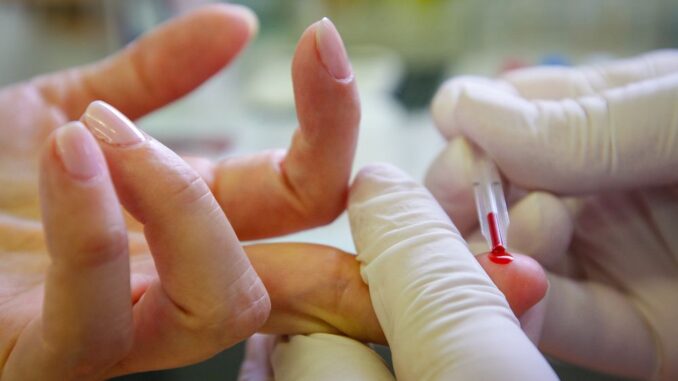
- Early Detection and Treatment
HIV progression: Without testing, many people with HIV may not be aware of their status, which can lead to delays in diagnosis and treatment. Early detection is critical because HIV, if left untreated, can weaken the immune system over time, leading to AIDS, the most advanced stage of HIV infection. However, with early diagnosis, people can begin antiretroviral therapy (ART) right away.
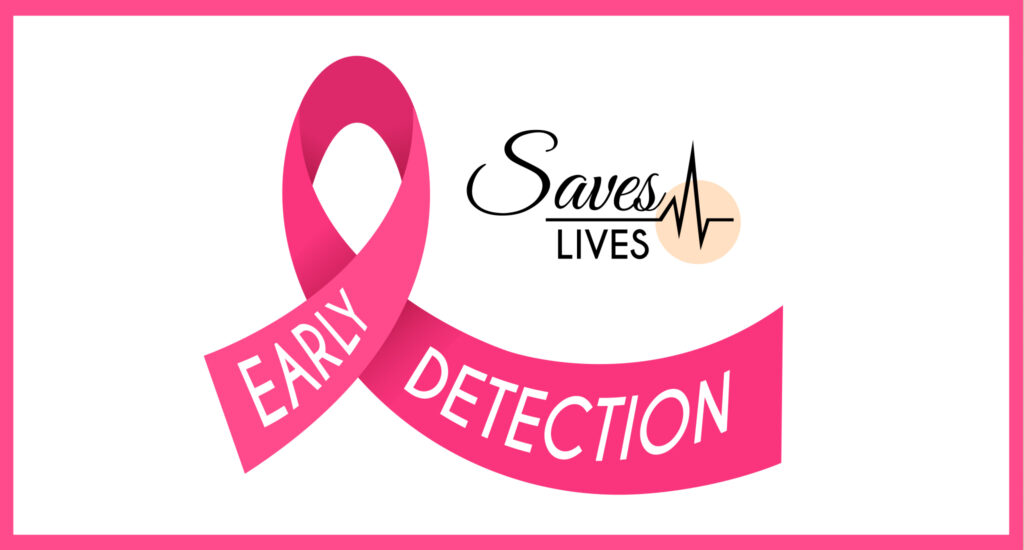
ART and viral load suppression: ART works by reducing the viral load (the amount of HIV in the blood) to undetectable levels, helping people with HIV maintain their health, prevent complications, and live longer, healthier lives. Starting ART early after diagnosis can prevent HIV from progressing and can even prevent the virus from spreading to others.
- Prevention of transmission
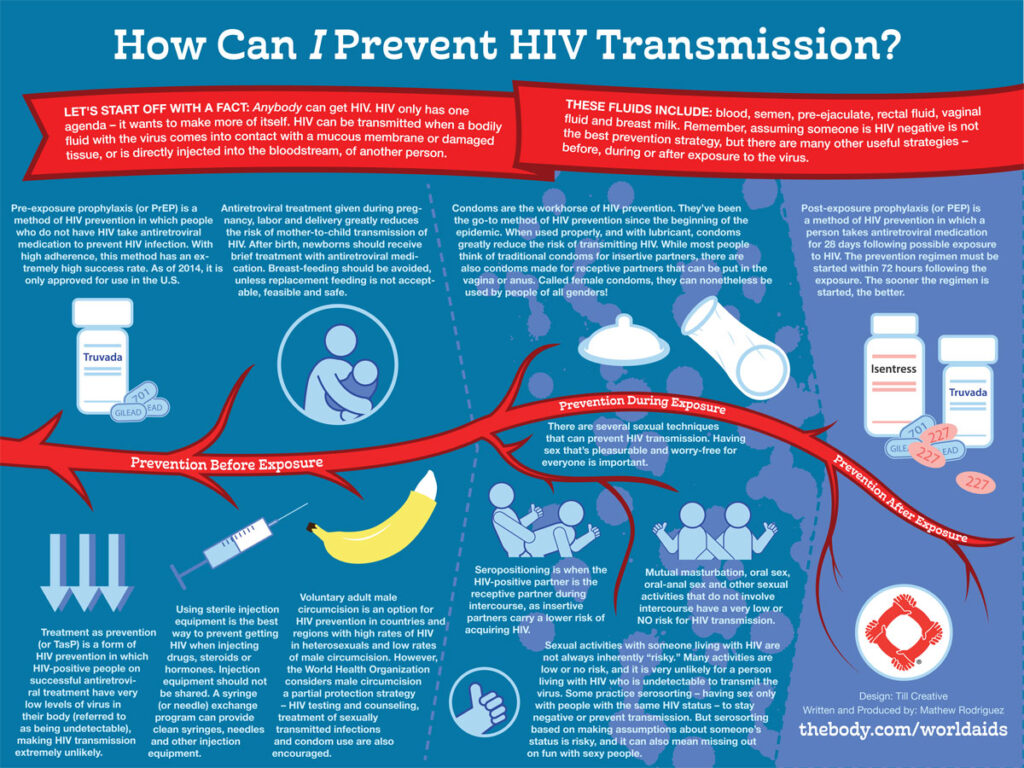
Reducing transmission risk: HIV is primarily transmitted through sexual contact, sharing needles, or from mother to child during childbirth or breastfeeding. Testing helps people understand their status, and if someone tests positive, they can take steps to reduce the risk of transmitting the virus to others.
Pre-exposure Prophylaxis (PrEP): People at high risk of HIV exposure can take PrEP, a daily medication that reduces the risk of getting HIV. Testing is critical in determining whether someone is HIV-negative and eligible for PrEP, and for monitoring the effectiveness of the treatment.
Safe practices: Knowing your HIV status encourages safer practices, such as consistent condom use and regular testing, all of which reduce the spread of HIV.
- Better Health Outcomes for People Living with HIV
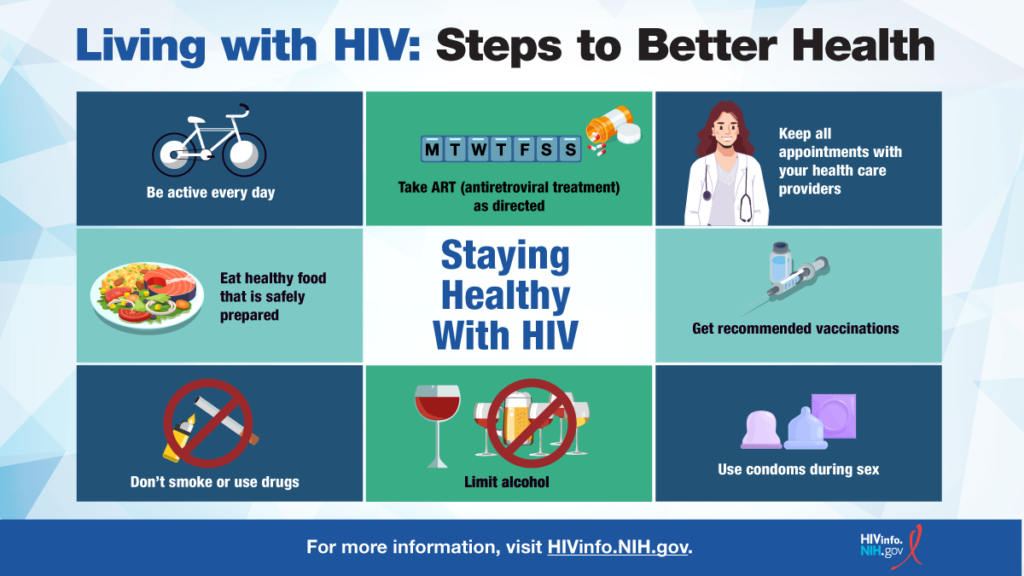
Prevention of opportunistic infections: HIV weakens the immune system, making individuals more susceptible to opportunistic infections like tuberculosis, pneumonia, or certain cancers. With early diagnosis, doctors can not only begin ART but also closely monitor for and treat these infections, improving health outcomes.
Improved life expectancy: With ART, people living with HIV can live a normal or near-normal lifespan, as long as they start treatment early and maintain it consistently. Testing allows individuals to access ART before the virus severely damages the immune system.
Mental and physical health: Knowing one’s HIV status can reduce anxiety or uncertainty. Starting treatment early can also help address any other health issues related to HIV before they become severe.
- Reduction of HIV Stigma

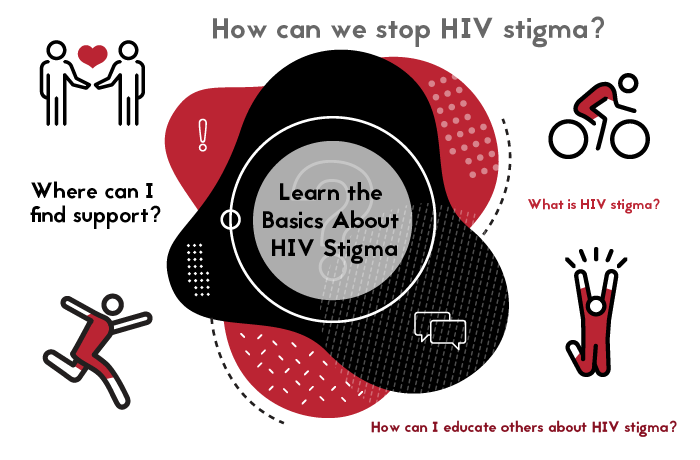
Stigma and discrimination: HIV-related stigma can discourage people from getting tested or seeking treatment. Many people may fear judgment, discrimination, or social exclusion if they are found to be HIV-positive. However, widespread and routine HIV testing can normalize the process and reduce the social stigma around the virus.
Empowerment through knowledge: When testing becomes more common, people living with HIV are more likely to be seen as part of the broader community, not isolated or marginalized. Education and awareness campaigns that encourage regular testing help fight the stigma associated with HIV.
- Public Health and Epidemiological Benefits
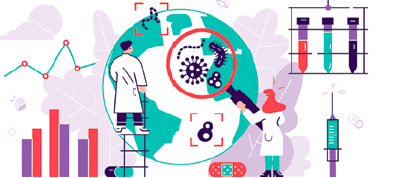
Tracking and data collection: Routine HIV testing helps public health authorities collect data on the prevalence of HIV in different communities, identifying high-risk groups and regions where transmission is more common. This allows for better allocation of resources, improved education programs, and targeted prevention strategies.
Epidemic control: Widespread testing is crucial in efforts to control the HIV epidemic. By diagnosing HIV early, public health programs can more effectively intervene in at-risk populations, reduce transmission rates, and curb the overall spread of the virus. HIV testing is foundational to achieving public health goals such as ending the AIDS epidemic by 2030.
- Empowerment and Informed Decision-Making
Informed choices: People who know their HIV status can make better, informed decisions about their health, sexual relationships, and future plans. If someone tests negative, they can take steps to stay HIV-free, such as using protection during sex or considering PrEP. If someone tests positive, they can begin treatment, reduce risks of transmission to others, and live a longer, healthier life.
Personal and social responsibility: HIV testing encourages personal responsibility and social awareness. Individuals can take proactive measures to protect their health and the health of their partners. Testing also promotes openness and communication about sexual health, which is essential for reducing risk and improving overall well-being.
- Increased Awareness, Education, and Prevention
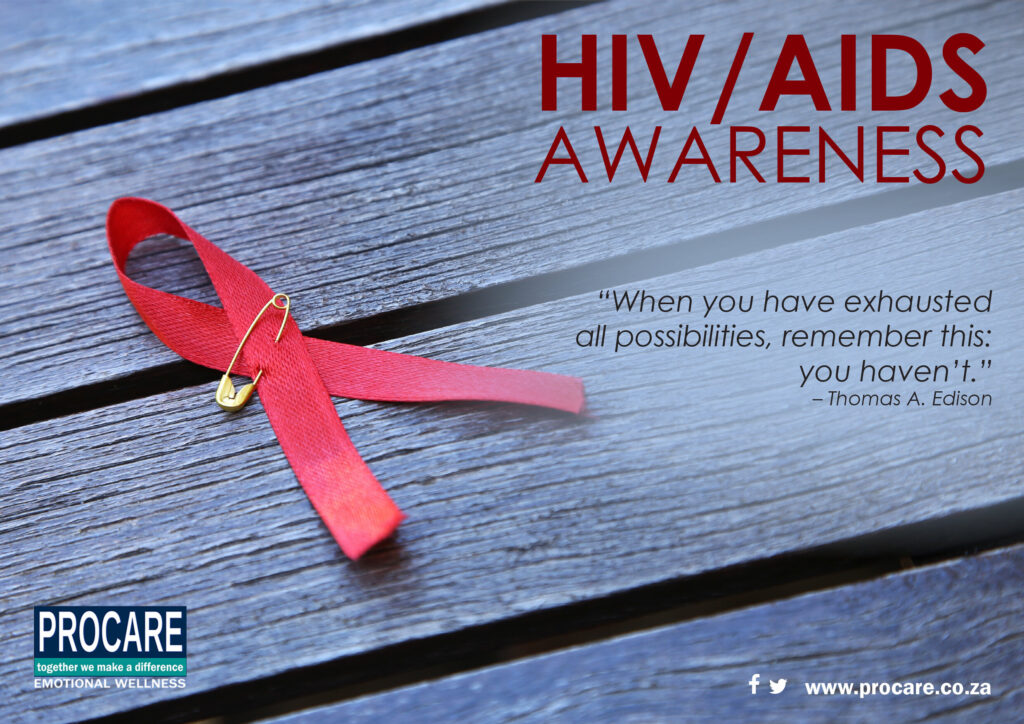
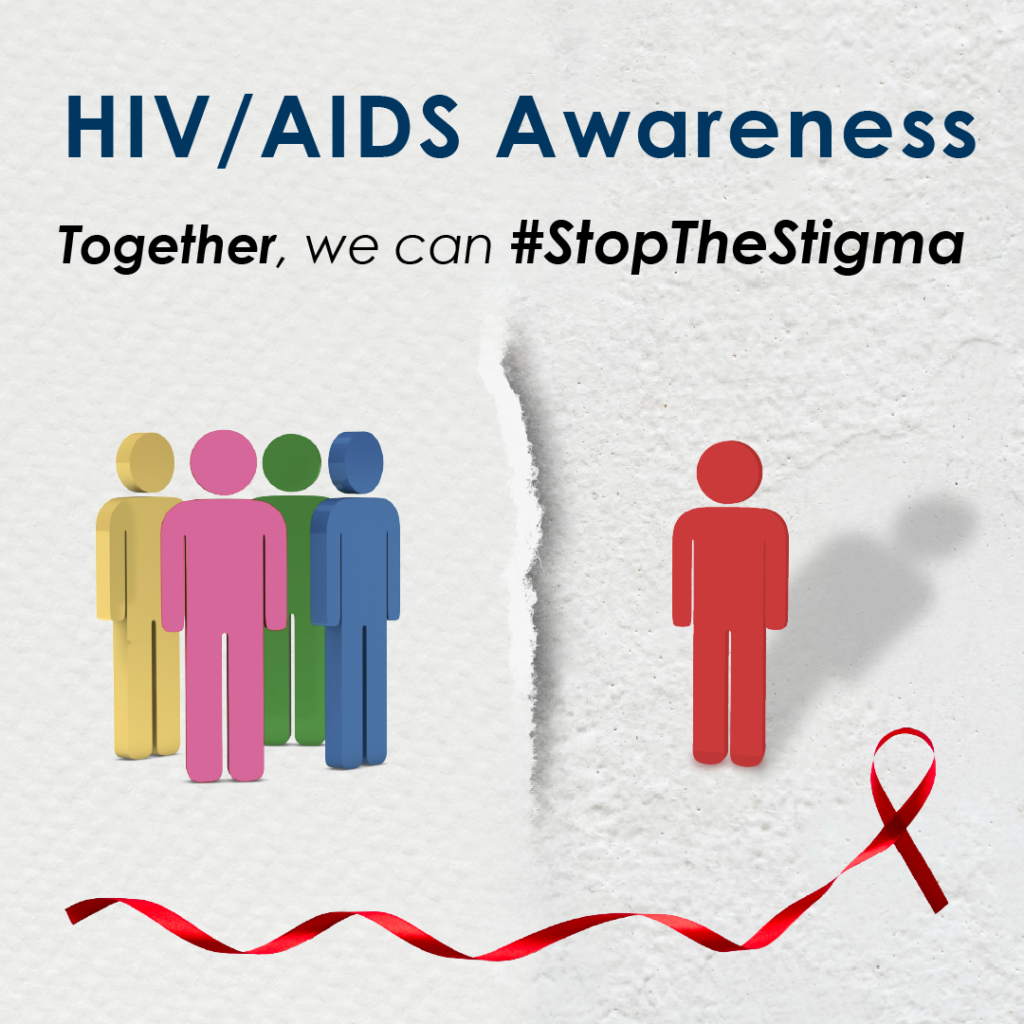
HIV prevention education: The testing process is an opportunity to educate people about HIV transmission, prevention, and treatment. In some places, testing sites may provide counseling or information about safe sex practices, harm reduction (for people who inject drugs), and the availability of ART. This is especially valuable in areas with high rates of HIV, where awareness is key to reducing new infections.
Community outreach: Testing campaigns often serve as an outreach tool, bringing education and resources to communities that might otherwise be unaware of HIV risks or prevention options. These campaigns can also address misconceptions about HIV and provide accurate, up-to-date information.
- Economic and Societal Impact
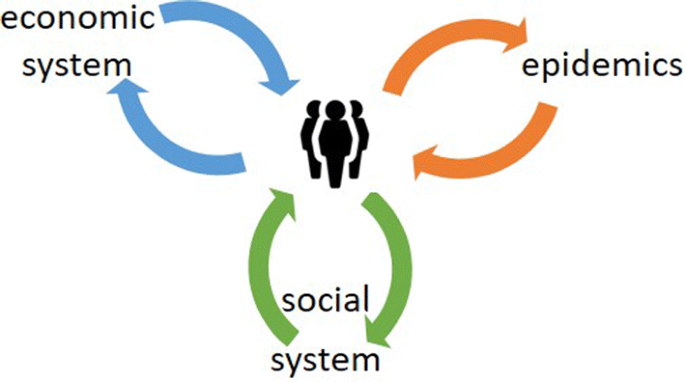
Cost of treatment vs. prevention: Early diagnosis and treatment of HIV are far less costly than the medical expenses associated with treating advanced AIDS and opportunistic infections. HIV testing, therefore, can save healthcare systems money in the long run, reduce hospitalizations, and improve the overall efficiency of healthcare resources.
Workforce and community stability: By helping people live healthier, longer lives, HIV testing contributes to a more stable and productive workforce. People who are diagnosed early and receive treatment are more likely to remain employed, support their families, and contribute to society.
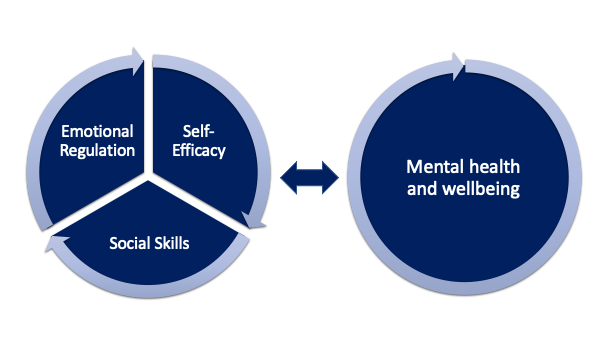
Leave a Reply